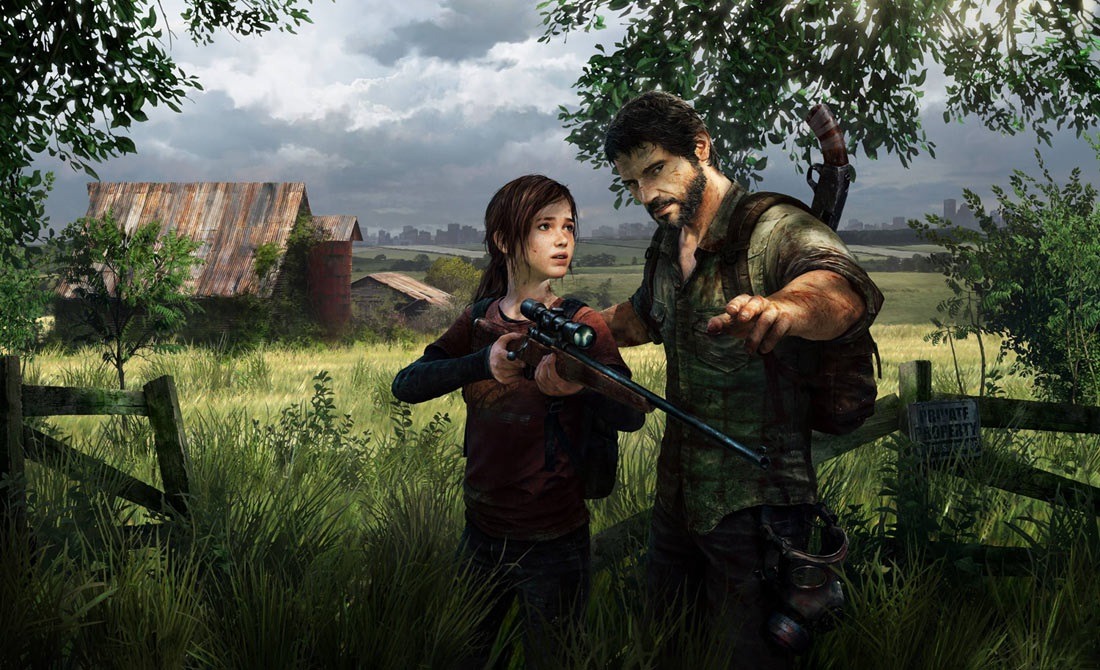How important are the narrative storylines of gaming?
One of the biggest myths about gamers is that they do not care about story at all, only high octane action and violence, but to what extent is this statement false? Tetris is one of the best selling games of all time despite lacking narrative, yet there was insurmountable backlash when Activision announced there would be no campaign mode for Black Ops 4, with priority going to a battle royale mode instead. As a result, Infinity Ward will reinstate a campaign for the upcoming Modern Warfare title, eager to appease fans in demanding storylines.
That said, it is often not Call of Duty that is considered when someone asks about narrative-driven video games. The most common title would instead be Naughty Dog’s The Last of Us. By subverting expectations of the standard post-apocalyptic adventure game, TLOU is a gritty tale that does not glorify taking out hordes of zombies. Killing is portrayed only as a means of survival. Furthermore, the human interactions, specifically between Joel and Ellie, bring further beauty to the story and make the ending that much more impactful. If you are yet to experience TLOU, you will be left spiralling in the final chapter.
You are more responsible for the outcomes of the story
However, the real success of storytelling in video games comes from the interactivity the platform offers. By allowing players to choose how their actions and decisions affect the storyline, game developers can create a much more personal and intimate experience. You are more responsible for the outcomes of the story, not a passive observer.
This interactivity is best seen in David Cage’s Detroit: Become Human, one of my favourite games of this generation. In this take on machine consciousness, the decisions that players make throughout the game decide the ending. Whilst the pathway I took led to a satisfying conclusion, I found it fascinating to replay missions in order to unlock alternate endings and discover what could have been had I acted differently.
The medium also allows for much more experimental storytelling, with Undertale being the best example of such innovation. In Undertale, every element of the game (including the UI, saving, loading, and previous playthroughs) impacts how the game unfolds, rather than just a few simple ‘good’ or ‘bad’ choices for the player, though this is just the tip of the iceberg for Undertale’s story. Much of the world-building comes from discovering and piecing together small details from across the world, collecting information found in books, signs, and hidden rooms. This method of revealing the story to players through their own exploration allows fans to get as involved in the game’s storyline as they want, with the most dedicated investigating every pixel hoping to learn more. The cryptic nature of Undertale’s story leads to intense theorising and discussions that can only be found in the most obsessive of fanbases; something that both books and video games have in common.
The best games do not just have impressive over-arching storylines, they also must utilise sidequests to break up the plot. My favourite sidequest plot involves Tarrey Town in Breath of the Wild. In a broken and destroyed Hyrule, you are tasked with helping create a town that will become a small community of all races. Sidequests like these that really help immerse players by giving them an insight into aspects of the world the main story avoids.
Sometimes it is better just to make the game enjoyable
Although, whilst story is vital for many games, it is not always necessary for creating a best-seller. Rather than creating a captivating story, sometimes it is better just to make the game enjoyable. This has proven a successful tactic for Nintendo, given the consistent success of recent Mario games such as Super Mario Galaxy and Super Mario Odyssey. These games are considered some of the best 3D platformers of all-time, despite their rather basic story of rescuing Princess Peach from Bowser.
Ultimately, it all depends on what you give priority to when playing a video game. Do you agree with the ideas of ex-Nintendo of America President Reggie Fils-Aime, who said “If [the game’s] not fun, why bother?”, or do you follow the philosophy of Naughty Dog, who refuse to use the word ‘’fun’’ when talking about The Last of Us, instead preferring ‘‘engaging’’? Either way, given the plethora of fantastic video games in both these categories, you are spoilt for choice.

Comments